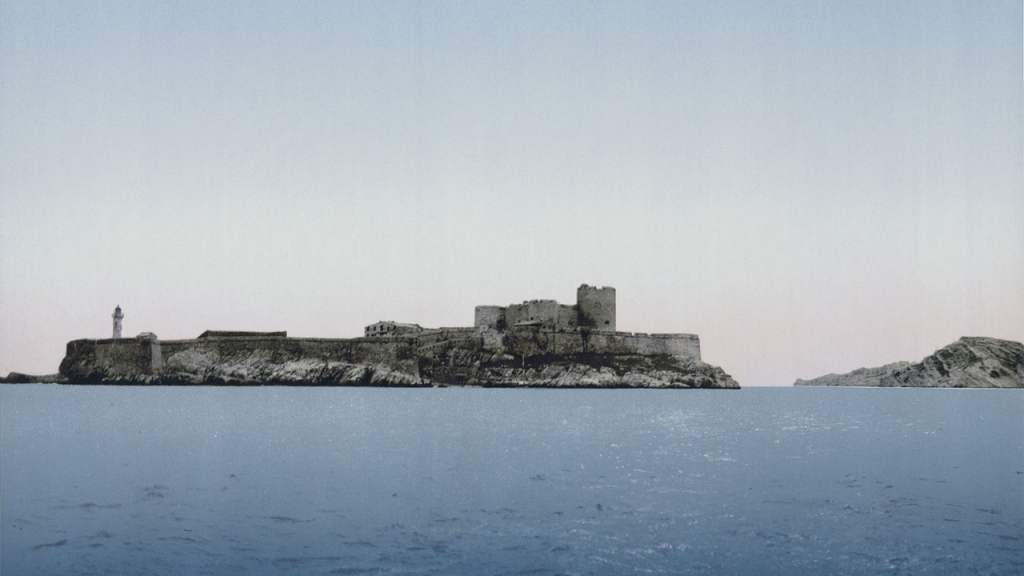One can easily feel a little haunted in Marseille during a pandemic. This city, France’s oldest, is no stranger to pestilence. Since its Phocaean founders first came ashore here in 600 BC, Marseille has faced several plagues sweeping in from the Mediterranean including what locals call La Grande Peste de 1720, one of Europe’s last major convulsions of bubonic plague. At its height, in September that year, the plague claimed a thousand lives a day. When it finally faded two years later, half the city’s population had perished.
Living here, in one of the ancient quartiers that run down to the Vieux Port, that history had long fascinated me. The street names and statues honoring the dead. The stand at the home stadium of Olympique de Marseille, the city’s fabled football team, named after Chevalier Roze, a local hero from the time of the plague. The yearly service held at the Basilica of the Sacred Heart in accordance with a pledge – and a prayer – made by the city council in 1722 in the hope of staving off future disease.
The anchor of the Grand-Saint-Antoine – the French merchant ship that brought the plague to Marseille along with its cargo of the finest silks from the Levant – was due to play a central role in commemorations marking the tercentenary of La Grande Peste this year. Now, with France on lockdown until at least mid-May, public events for the rest of the year have been either cancelled or postponed. We are at war, president Emmanuel Macron told us when he announced the mass confinement in March. More than 17,000 have died from the coronavirus in France.
Past links with present in the Marseille laboratory of Didier Raoult, an eccentric local microbiologist whose controversial testing of chloroquine as a treatment for coronavirus has caught the attention of Donald Trump. Two decades ago, Raoult conducted groundbreaking DNA research on the 1720 plague. His supporters here claim Parisian prejudice against the ongoing chloroquine trials. Marseille has long occupied a prickly place in the French imagination. Its history of rebellion, the salty and often seedy character of the place. Shaped by two millennia of migration, the city is truly Mediterranean in ways that others strung along France’s southern coast are not.
The island prison of Château d’If – where Dantès in Dumas’ Count of Monte Cristo was held in solitary confinement – seen from Marseille’s hilly streets gives us locals a certain perspective as we count the long days of lockdown. The recent trend of residents leaving a food-filled panier solidaire (solidarity basket) on street corners for Marseille’s many homeless reminds us of the ties that bind here. So too does a street mural eulogising Pape Diouf, a beloved former president of Olympique de Marseille, who died from coronavirus in his native Senegal last month. His passing seemed to make Covid-19 all the more real for les Marseillais.
We are permitted one hour of outdoor exercise per day during confinement. I time my evening run to coincide with what has become a nightly ritual across France: the applauding of medical and other essential personnel helping steer the country through this moment. As I jog around Marseille’s deserted Vieux Port – strewn three centuries ago with corpses blackened by the plague – a wonderful symphony rises from the city as people pay tribute. Cheering. Ship horns. Distant zaghrouta. The banging of pots and pans. Excited dogs and startled seagulls. It is at that moment that I think: Marseille, je t’aime.




